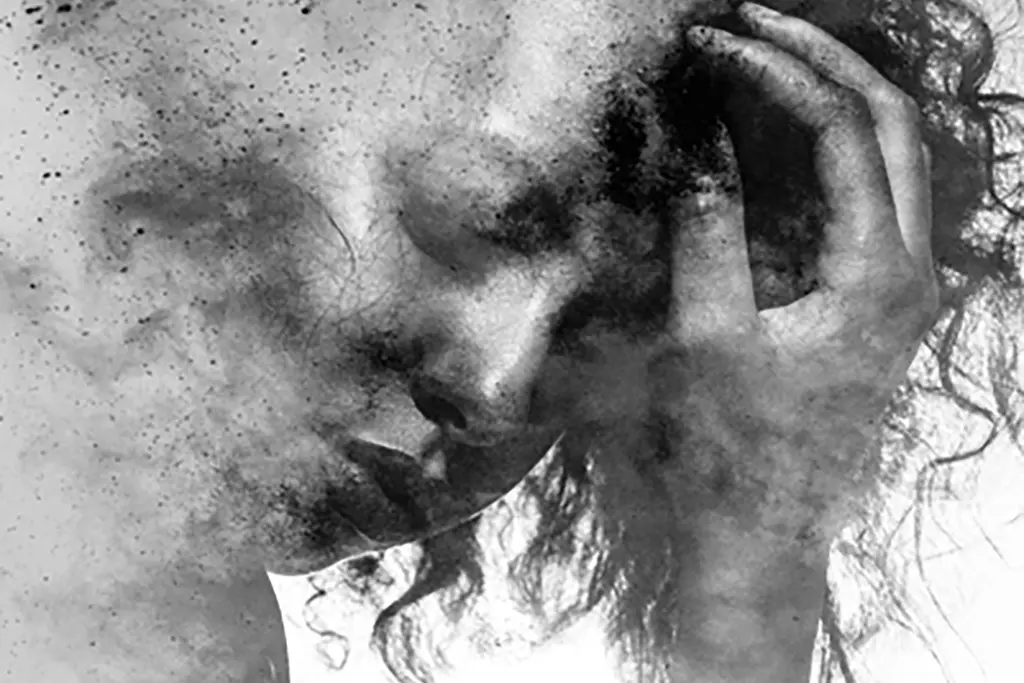Lifestyle Tips to Help Improve Your Major Depressive Disorders

Take Steps on Your Own
It's normal to feel down in the dumps from time to time. But major depression is different, both in its timing -- near daily sadness that sticks with you for 2 weeks or more -- and its intensity. Antidepressants and talk therapy are the two pillars of depression treatment. But while you explore your options with a mental health professional, you can take steps on your own to give your mood, and the rest of you, a healthy boost.
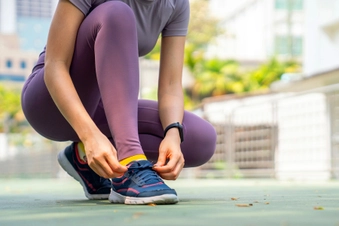
Slip On Your Sneakers
Exercise might not be top of mind when you're depressed, but it could make you feel better. The endorphins that a fast walk or bike ride releases trigger a euphoric feeling. Some people call it the "runner's high." When it comes to treating depression, exercise could work as well as antidepressants without the side effects. Twice a week is enough to cause a change in mood. Walk side-by-side with a friend to keep you motivated.
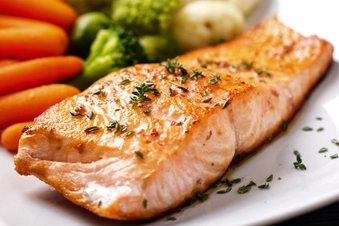
Be Food-Positive
A burger, fries, and a shake might soothe your blues temporarily, but these so-called comfort foods don't live up to that nickname. Meat, fried foods, and sweets may actually make depression worse. Healthy foods fuel more positive emotions. Fruit, vegetables, fish, and whole grains pack tons of antioxidants and other nutrients that boost levels of serotonin, dopamine, and other-feel good chemicals in your body.
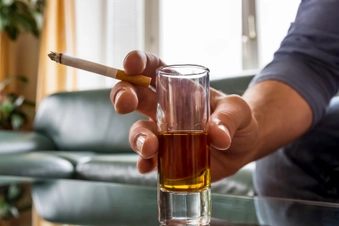
Curb Smoking and Drinking
Alcohol boosts serotonin and dopamine levels in the short term, which explains that giddy feeling you get when you're drunk. But the good times don’t last. By morning, those chemical levels fall, along with your mood. A break from drinking could make you feel brighter. As for cigarettes, they not only make depression symptoms worse, but could keep your medicine from working as well. Quit and you’ll feel better mentally and physically.
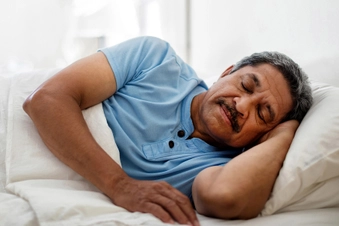
Get Better Sleep
Sleep and depression have a chicken-and-egg-like relationship. People who can't sleep are more likely to be depressed, and those who are depressed find it hard to sleep. Cognitive behavior therapy (CBT) can help undo the negative thoughts that lead to poor sleep and depression. The version used to promote sleep is called CBT-I. (The "I" is for insomnia.) Other lifestyle techniques, like meditation and exercise, also help with sleep.
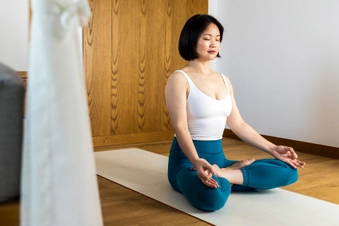
Meditate Your Way to Calm
Meditation is just the thing to quiet a racing mind, relieve stress, and help you sleep more soundly. Mindfulness meditation is simple to do. Sit quietly and focus on the feeling of your breath moving in and out. Gently steer your thoughts back to your breathing whenever they wander. Try to meditate for 5 to 10 minutes a few times a day. If you need help, try a meditation app to guide you.
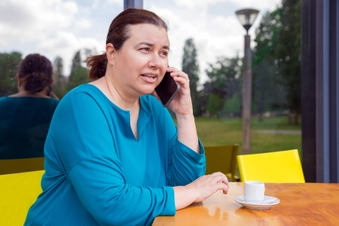
Phone a Friend
When you're down, one way to release those negative emotions is to talk through your feelings with a good friend, your partner, or a family member. A strong social support network buffers against stress and depression. If you don't have anyone around to talk with, join a depression support group in person or online. Hearing from people who've been through the same experiences will help you feel less alone.
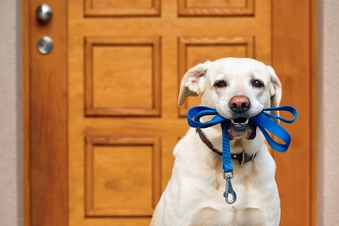
Take Fido to the Park
Dogs have more than earned their title of Best Friend. They're like furry antidepressants. Just throwing a ball to your pooch releases a flood of mood-boosting hormones like oxytocin and dopamine. The exercise you get when you walk your dog increases the antidepressant effect even more. If you live alone, a pet -- whether a dog, cat, bird, or other creature -- offers companionship and staves off loneliness.

Give Back
Volunteering offers as much to you as it does to the people you help. Studies show that putting your time to work for a good cause relieves depression and anxiety, in part by making you feel connected to a cause bigger than yourself. Older adults in particular feel a greater sense of purpose and more satisfaction with their lives when they volunteer.

Turn On the Tunes
When you listen to your favorite songs, your brain starts pumping out more norepinephrine and other pleasure-promoting chemicals. Music has an amazing ability to improve mood, bump up energy levels, and relieve stress. Perhaps unsurprisingly, people with depression often prefer sad songs to upbeat tunes. But that’s OK. The gentle pace of more somber music can have a calming effect.
Show Sources
IMAGES PROVIDED BY:
- Jasmin Merdan / Getty Images
- Witthaya Prasongsin / Getty Images
- svariophoto / Getty Images
- Westend61 / Getty Images
- Wavebreakmedia / Getty Images
- owngarden / Getty Images
- MangoStar_Studio / Getty Images
- Chalabala / Getty Images
- KidStock / age fotostock
- Westend61 / Getty Images
SOURCES:
Annals of the New York Academy of Sciences: "The effect of mindfulness meditation on sleep quality: A systematic review and meta-analysis of randomized controlled trials."
Anxiety & Depression Association of America: "Sleep Disorders."
BMC Psychiatry: "Lifestyle medicine for depression."
Emotion: "Why do depressed people prefer sad music?"
Frontiers in Pharmacology: "Is the Comparison between Exercise and Pharmacologic Treatment of Depression in the Clinical Practice Guideline of the American College of Physicians Evidence-Based?"
Harvard Medical School: "Diet and depression," "Exercise is an all-natural treatment to fight depression," "How meditation helps with depression."
Health Service Executive (Ireland): "Tend to feel low after drinking? Here are 7 reasons why."
Johns Hopkins Medicine: "Depression and Sleep: Understanding the Connection."
Journal of Social and Personal Relationships: "Social connectedness and depression: Is there added value in volunteering?"
Mayo Clinic: "Junk food blues: Are depression and diet related?"
Mayo Clinic Health System: "Helping people, changing lives: 3 health benefits of volunteering."
Mental Health America: "Find Support Groups."
Mental Health Foundation: "Pets and mental health."
Mindful: "How to Meditate."
National Alliance on Mental Illness: "How Dogs Can Help With Depression."
National Institute of Mental Health: "Depression."
Psychosomatic Medicine: "The Effects of Dietary Improvement on Symptoms of Depression and Anxiety: A Meta-Analysis of Randomized Controlled Trials."
Scientific Reports: "Frequency and pattern of exercise and depression after two years in older Japanese adults: the JAGES longitudinal study."
The British Journal of Psychiatry: "Social support and protection from depression: systematic review of current findings in Western countries."
University of Pittsburgh Medical Center: "Feeling Down? Surprising Ways Music Can Pick You Up."
Utah State University: "Anxiety and Depression: Can Diet Help?"
